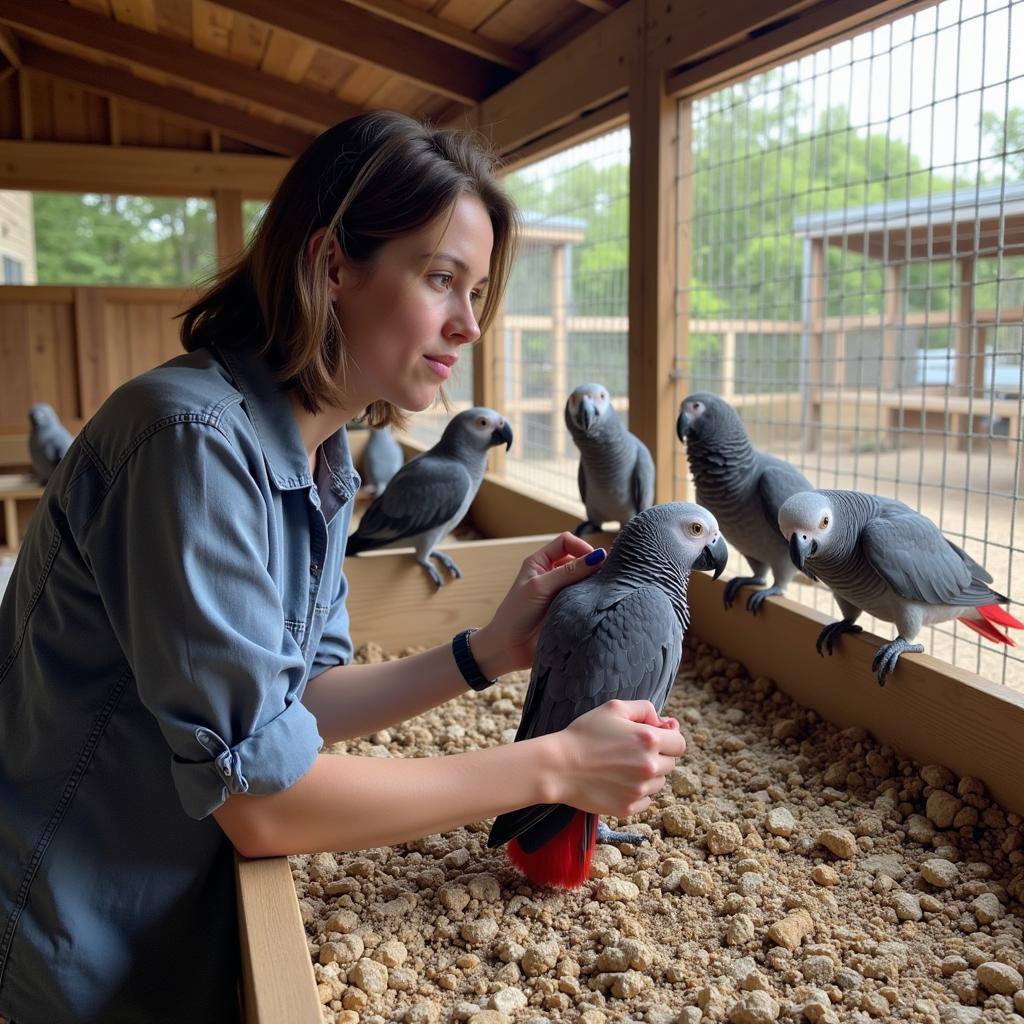The African Dream Country: Discover the Essence of Africa’s Rising Stars
Africa is a continent of rich culture, diverse landscapes, and burgeoning economies. While many associate the continent with its historical struggles, Africa is experiencing a remarkable transformation, with several countries emerging as economic powerhouses and beacons of hope for a brighter future. This article dives deep into the concept of an “African Dream Country,” exploring what makes these nations stand out and why they are attracting global attention.
Understanding the African Dream Country
The term “African dream country” refers to nations on the continent that embody a vision of progress, prosperity, and opportunity for their people. These countries are not simply achieving economic growth but also fostering inclusive development, promoting social justice, and nurturing a sense of national pride. They are characterized by:
- Strong Economic Growth: These countries are witnessing rapid economic expansion, fueled by advancements in technology, infrastructure, and human capital development.
- Stable Political Environments: Stable governance, democratic principles, and a commitment to rule of law create a conducive environment for growth and investment.
- Investing in Human Capital: African dream countries prioritize education, healthcare, and skills development, recognizing that human capital is the key to sustainable progress.
- Sustainable Development: These nations embrace environmental sustainability, promoting green energy, conservation, and responsible resource management.
Leading Examples of African Dream Countries
Several African nations are making significant strides towards achieving the “African dream.” Let’s delve into some of the leading examples:
1. Rwanda: From Tragedy to Transformation
Rwanda, a country that endured a devastating genocide in the 1990s, has emerged as a shining example of resilience and progress. Under the leadership of President Paul Kagame, the country has prioritized reconciliation, economic development, and good governance. Rwanda’s remarkable story serves as an inspiration to the rest of the continent, demonstrating that even in the face of immense challenges, a nation can rise again and thrive.
“Rwanda is a testament to the human spirit’s ability to heal and rebuild. It shows that with strong leadership, a commitment to justice, and a focus on development, a nation can overcome even the most horrific tragedies.” – Dr. Amina Ali, Professor of African History at the University of Dakar
2. Botswana: A Diamond in the Rough
Botswana is a remarkable success story, having transformed itself from a poverty-stricken nation to one of the most prosperous in Africa. This transformation is attributed to its vast diamond reserves, responsible governance, and commitment to education and healthcare. Botswana’s economic stability and its emphasis on social well-being make it a strong contender for the “African dream country” title.
3. Ghana: The Gateway to West Africa
Ghana, known as the “Gold Coast” during colonial times, is experiencing a renaissance as a key player in West Africa. Its strong democracy, commitment to free trade, and vibrant entrepreneurial spirit have positioned Ghana as a regional economic hub. With significant investment in infrastructure and technology, Ghana is poised to become a leading center for innovation and development.
4. Ethiopia: A Land of Opportunity
Ethiopia, with its diverse landscapes, rich history, and burgeoning population, is on the path to becoming an African powerhouse. Its focus on infrastructure development, including hydroelectric projects and railway lines, is opening up new economic opportunities for its citizens. Ethiopia’s dedication to promoting technology and its commitment to sustainable development make it a potential candidate for the “African dream country.”
The Future of the African Dream
The concept of the “African dream country” is not merely a vision but a tangible reality. These nations are creating a new narrative for Africa, showcasing the continent’s resilience, dynamism, and potential. As they continue to invest in human capital, embrace innovation, and foster sustainable development, these countries are paving the way for a brighter future for Africa and the world.
FAQ
1. What are the biggest challenges facing African dream countries?
African dream countries face challenges related to poverty, inequality, and access to resources. However, these nations are actively working to overcome these obstacles through inclusive economic growth, social programs, and sustainable development initiatives.
2. What role does technology play in achieving the African dream?
Technology is playing a crucial role in empowering African dream countries. Innovations in mobile banking, digital education, and e-commerce are creating new opportunities for entrepreneurship and economic growth.
3. How can I contribute to the African dream?
You can contribute to the African dream by supporting businesses and organizations that invest in Africa, promoting responsible tourism, and advocating for fair trade practices.
4. What are some other African countries making progress towards the African dream?
Other notable African countries showing promise include Senegal, Mauritius, and Morocco. These countries are implementing various initiatives to promote economic growth, social development, and good governance.
5. What are the key factors for success in achieving the African dream?
Key factors for success include strong leadership, a commitment to good governance, investment in human capital, a focus on sustainable development, and the adoption of technology.
For more insights and opportunities to contribute to the African dream, connect with our team!
Contact Us:
- Phone: +255768904061
- Email: kaka.mag@gmail.com
- Address: Mbarali DC Mawindi, Kangaga, Tanzania
We are dedicated to supporting the growth and success of Africa’s emerging leaders. Together, let’s build a brighter future for the continent!


